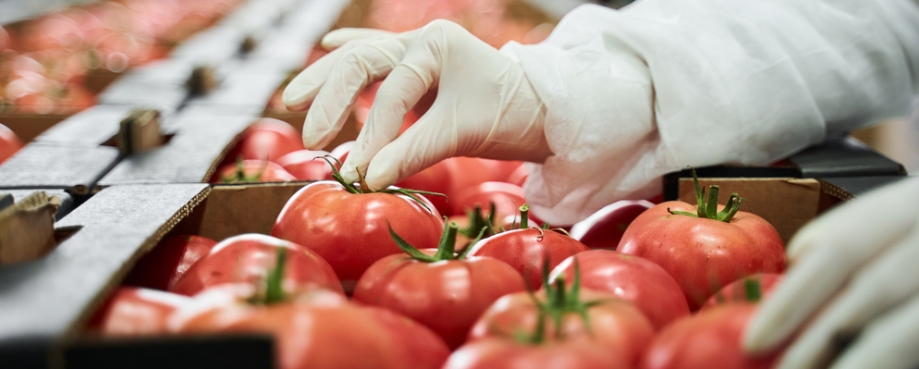
This week the BBC World Service released new findings alleging 17 “Italian” tomato products sold by UK and German retailers are likely to contain Chinese tomatoes, following testing commissioned to establish the region of harvest. It is estimated that around 80% of Chinese tomatoes are grown and harvested in the Xinjiang region.
Risks of state-imposed forced labour in China have been well documented, particularly in the Xinjiang region. ETI has a clear position on sourcing from Xinjiang and has worked with representative groups and company members operating in and sourcing from China to encourage heightened human rights due diligence. ETI acknowledges that such efforts can face limitations and challenges.
In light of the BBC’s new findings, we reiterate our guidance for businesses to take appropriate action to:
- Map the supply chains of higher risk products to clearly understand the potential exposure to products linked to the Xinjiang region.
- Consider additional and ongoing product testing to confirm the provenance of products known to be at risk.
- Accept that conventional methods of due diligence such as social audits cannot be relied upon in these circumstances and presume there is a high risk of forced labour in any workplace located within the region.
- Review purchasing practices to ensure that the prices paid for good enables them to be produced in a responsible manner that does not negatively impact workers.
We will continue to work with members to practically implement our guidance and advocate for wider action.
Panorama - Whats on Your Supermarket Shelves? The Dark Side of the Tomato Trade - BBC iPlayer, airs Monday 2 December at 20:00.

